Automobiles’ future looks more connected than your cousin’s social media accounts. The automotive industry is on the cusp of a technological revolution, with connectivity at its core. As we move into an era where cars are becoming more than just transportation modes, here are 15 ways cars will be more connected.
Internet of Things (IoT) Integration
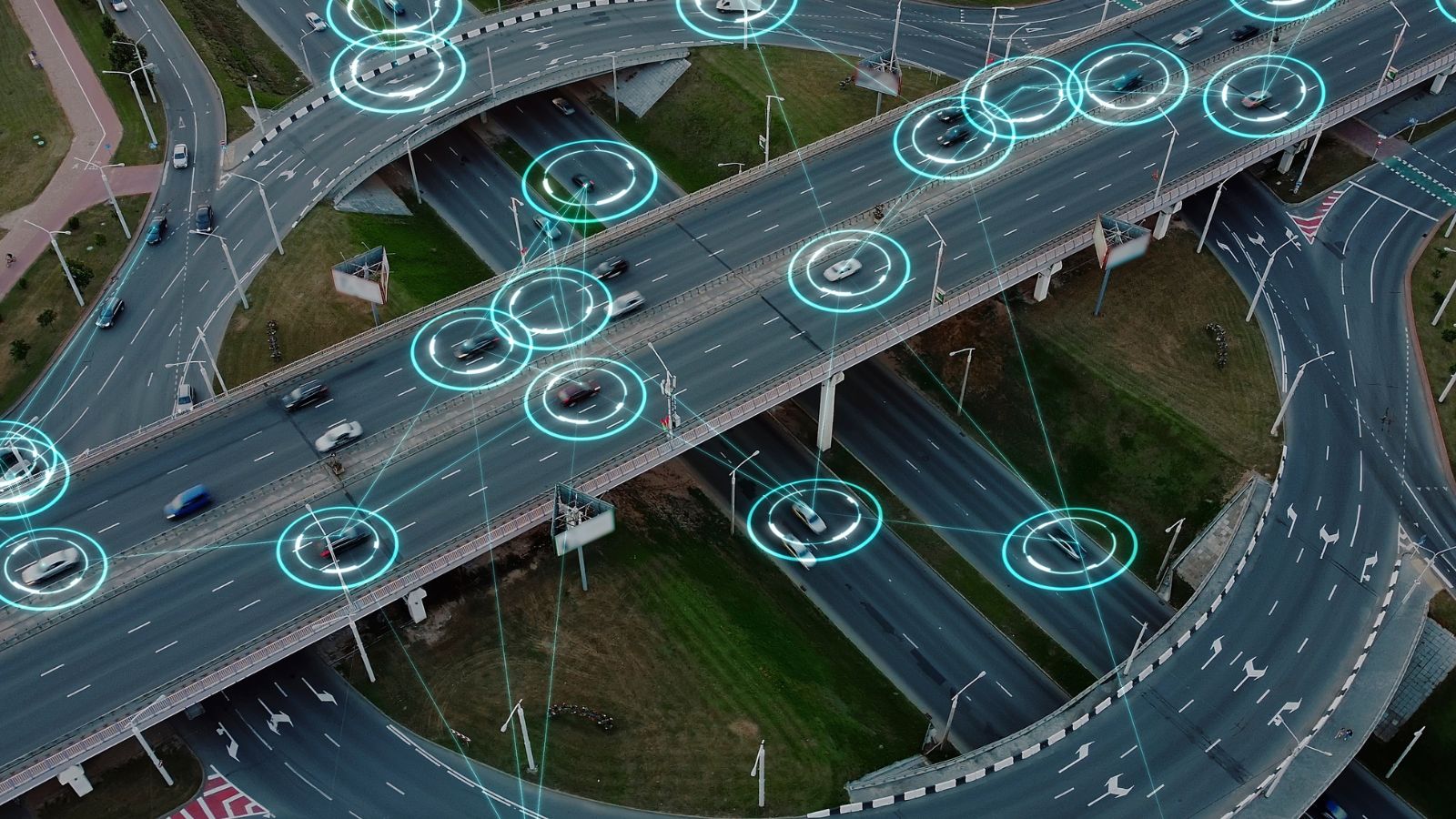
Imagine your car as a friendly robot communicating with every device around it. Features like real-time diagnostics, predictive maintenance, and over-the-air updates improve vehicle performance and longevity. IoT in cars supports advanced driver assistance systems (ADAS), providing automated safety features like lane-keeping and adaptive cruise control. Additionally, it enhances infotainment through seamless smartphone integration and personalized experiences. By 2025, it is estimated that over 75% of new cars will have IoT connectivity, transforming the automotive industry.
Vehicle-to-Vehicle (V2V) Communication
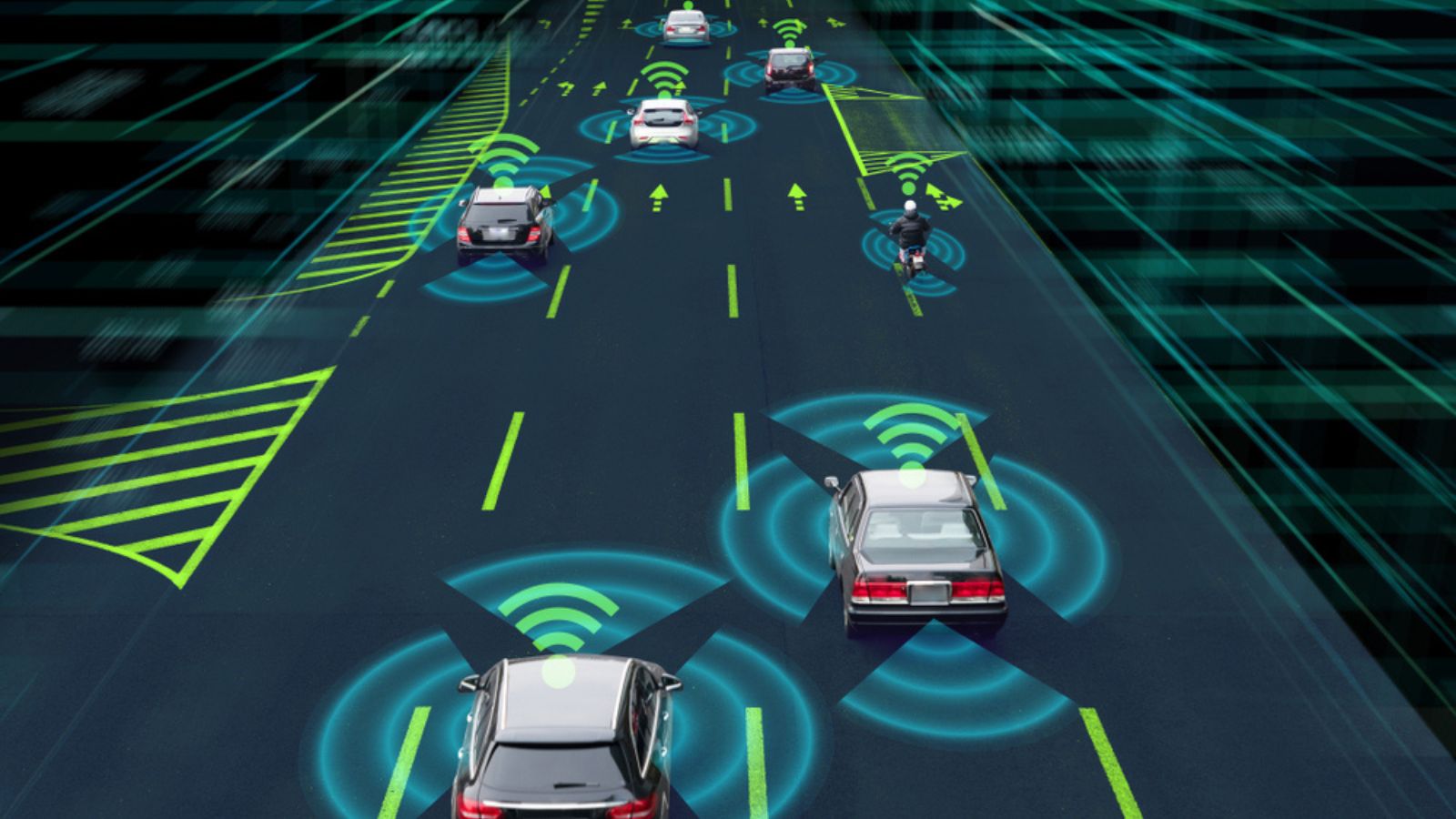
Forget carpool karaoke; your car will be busy chatting with other cars. This technology enhances road safety by enabling collision warnings, blind spot notifications, and cooperative adaptive cruise control. V2V operates primarily on the 5.9 GHz frequency band and can communicate within 300 meters. Since 2023, V2V technology has been tested extensively in pilot projects, showing the potential to reduce crashes by up to 80% in scenarios involving unimpaired drivers. Regulatory bodies like the NHTSA in the U.S. have been working on guidelines to standardize V2V communication systems.
Autonomous Driving
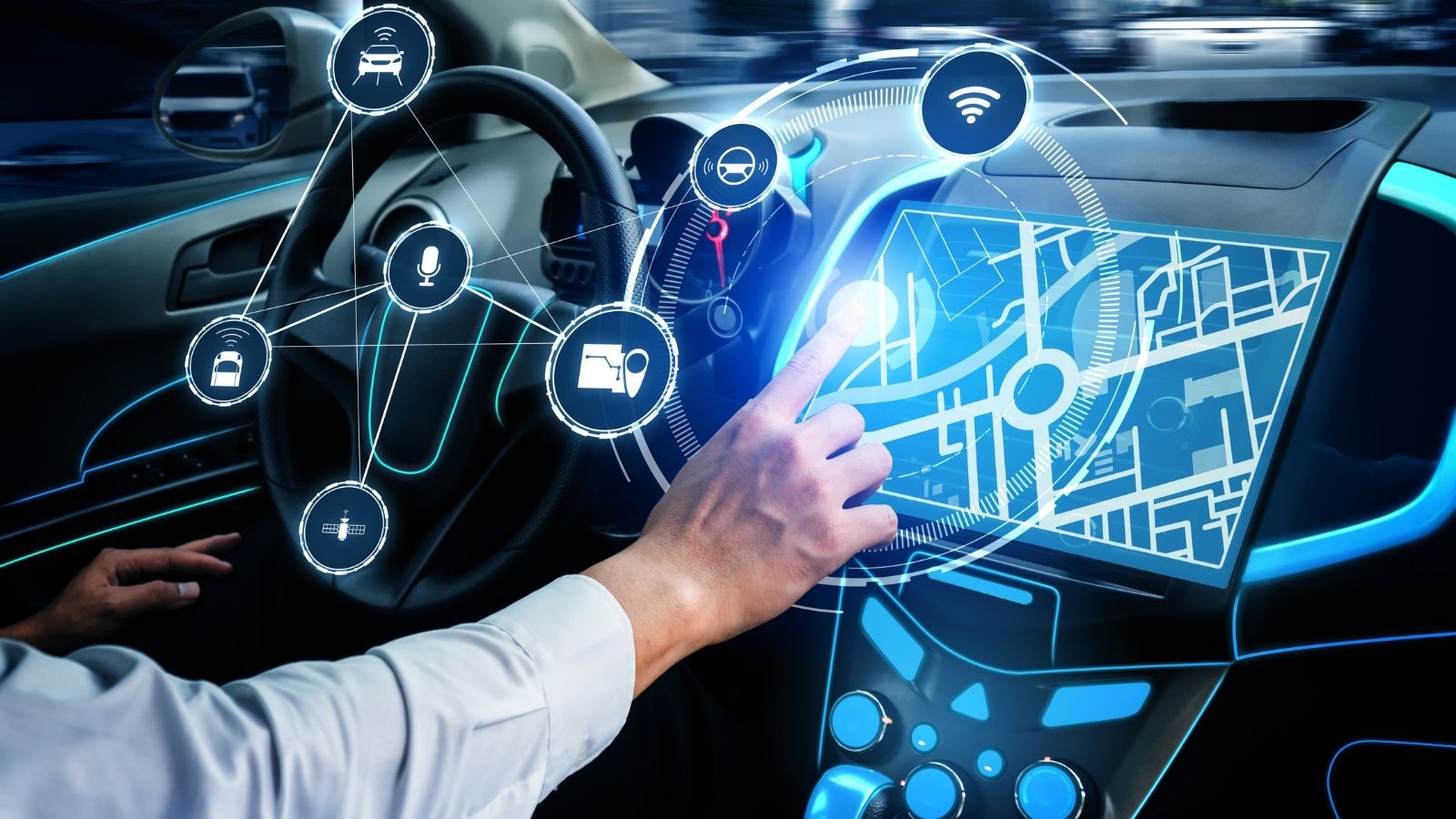
Self-driving cars are the tech world’s worst-kept secret. These autonomous vehicles will be so bright they’ll make you feel like your GPS is from the Stone Age. These systems use sensors, cameras, radar, and LIDAR to perceive their environment. Key players include Tesla, Waymo, and Uber. Benefits include reduced accidents, optimized traffic flow, and increased accessibility. However, regulatory hurdles, high development costs, and ethical dilemmas remain.
5G connectivity
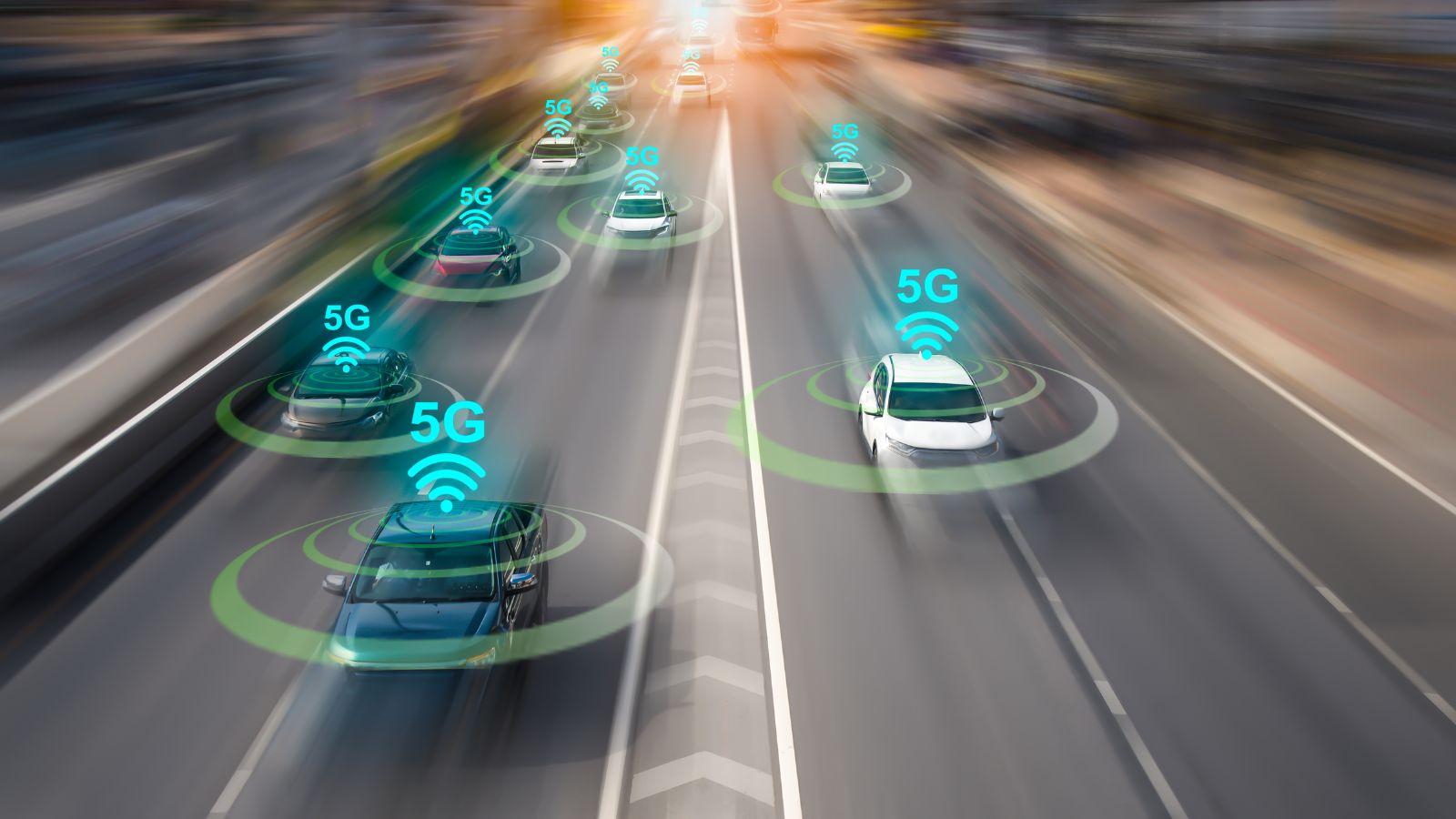
With 5G, your car’s internet speed will put your home Wi-Fi to shame. 5G’s low latency and high bandwidth allow real-time data exchange for navigation, entertainment, and remote diagnostics. Automakers like Tesla, BMW, and Audi are integrating 5G to offer seamless over-the-air updates and advanced infotainment systems. By 2025, it is estimated that 75% of new vehicles will have 5G capabilities, revolutionizing the automotive industry with smarter, more connected cars.
Smart Traffic Management
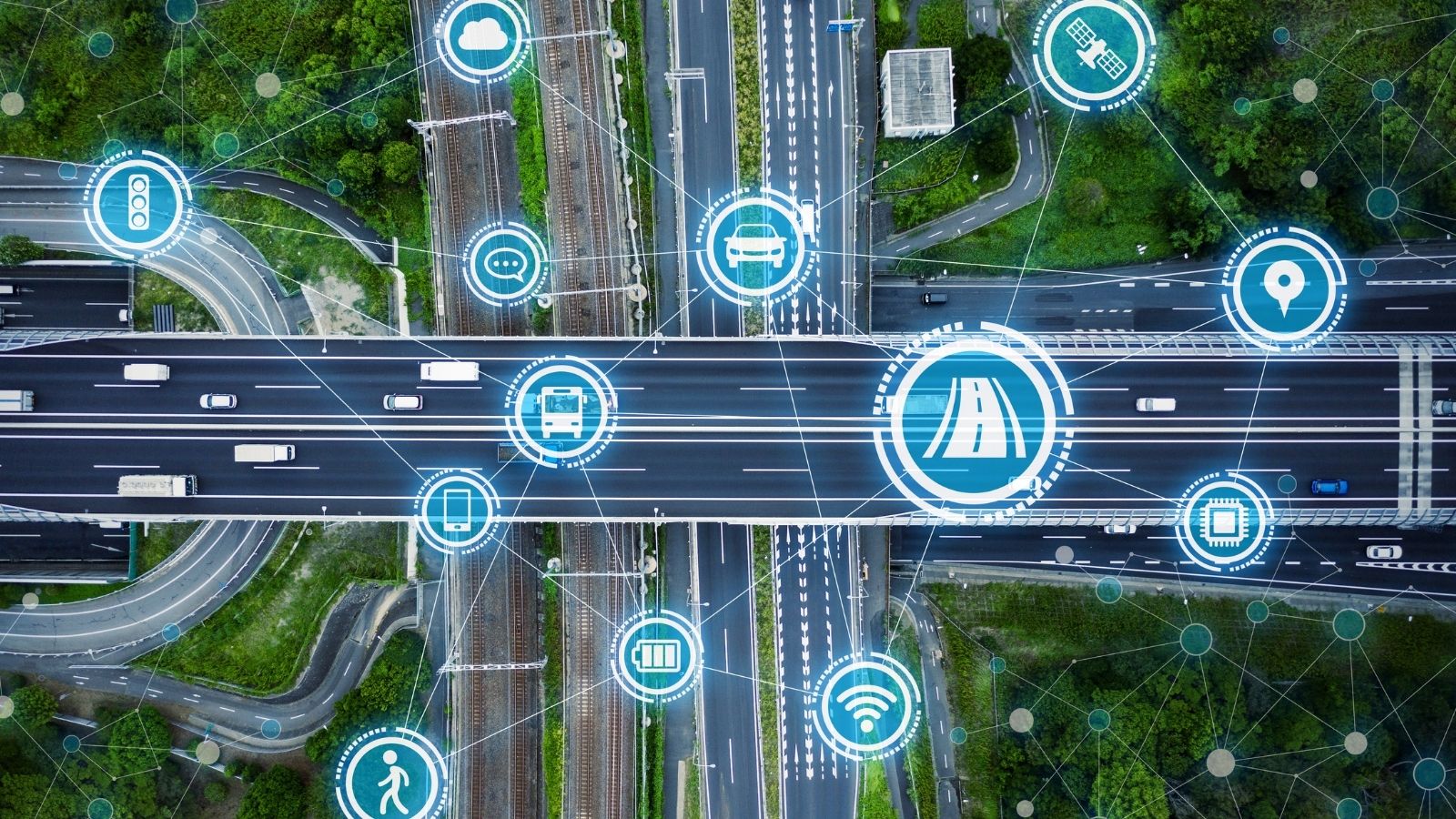
Traffic jams, like dial-up internet, will become a thing of the past. Smart traffic management uses advanced technologies like AI, IoT, and big data to optimize vehicle flow, reduce congestion, and enhance safety. Real-time data from sensors, cameras, and GPS systems informs adaptive traffic signals and rerouting suggestions. Implementations in cities like Singapore and Los Angeles have reduced travel times by up to 20%.
Augmented Reality Dashboards
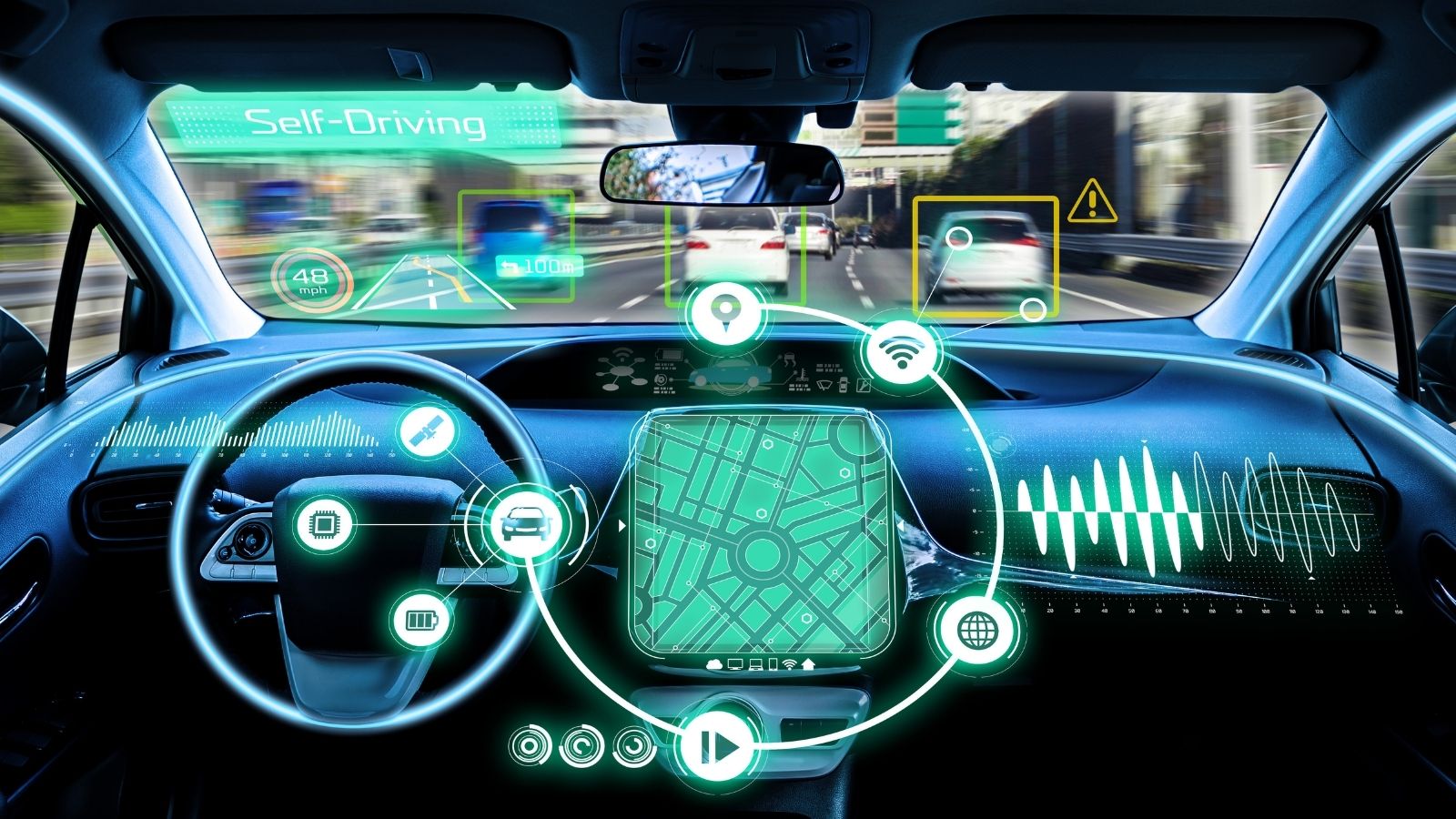
Future dashboards will be straight out of a sci-fi movie. Key benefits include reduced distraction, improved reaction times, and a more intuitive driving experience. Companies like BMW, Mercedes-Benz, and Hyundai are integrating AR technology into their vehicles. By 2030, the AR automotive market is projected to reach $10.6 billion, reflecting its growing importance in the industry.
Advanced Driver Assistance Systems (ADAS)

ADAS will be your trusty co-pilot, offering features like adaptive cruise control, lane-keeping assistance, and automated emergency braking. This technology relies on radar, lidar, and computer vision to monitor the vehicle’s surroundings and assist the driver in avoiding collisions and maintaining safe driving conditions. These systems are foundational for developing autonomous vehicles and reducing human error, a leading cause of accidents. As of 2023, ADAS is increasingly standard in new vehicles, driven by regulatory requirements and consumer demand for enhanced safety features.
Enhanced Infotainment Systems
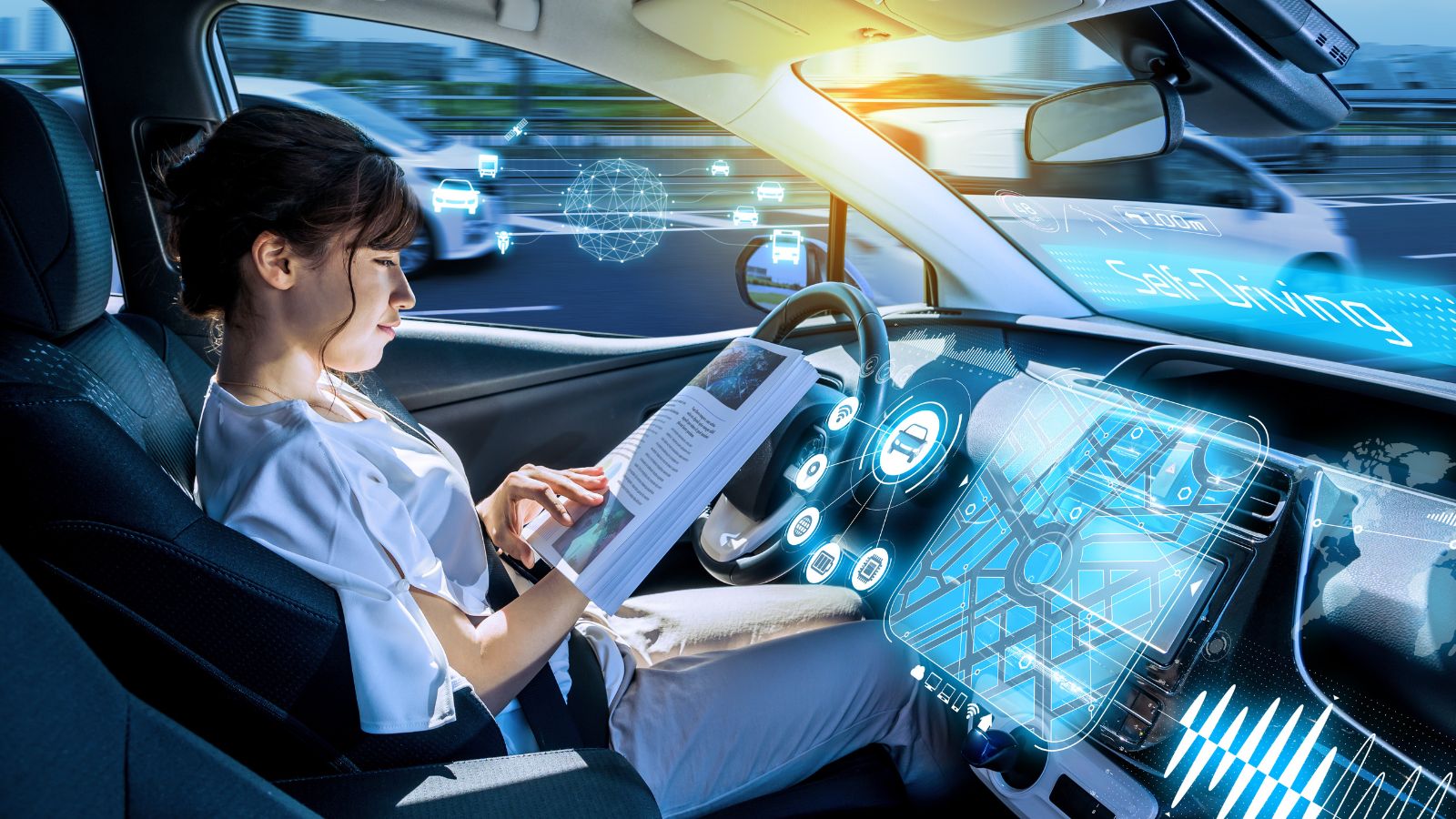
Say goodbye to boring road trips. These systems offer navigation, entertainment (streaming services, satellite radio), and connectivity (Wi-Fi, Bluetooth). They enhance safety with hands-free controls and access to vehicle diagnostics. Emerging technologies include augmented reality displays, AI-driven personal assistants, and over-the-air updates. Market trends show a rapid adoption rate driven by consumer demand for connectivity and convenience. According to Statista, the global automotive infotainment market is projected to reach $40.17 billion by 2026, reflecting the increasing importance of these systems in modern vehicles.
Personalized User Profiles

Your car will know you better than your best friend. Personalized car user profiles enhance the driving experience by storing individual preferences for seat position, climate control, and infotainment options. These profiles can be linked to critical fobs or smartphones, automatically adjusting the car’s settings when a specific driver is detected. Advanced systems integrate with navigation and driver assistance features, providing tailored route suggestions and driving alerts.
Predictive Maintenance

No more surprise breakdowns on the highway. Connected car Sensors monitor various components, such as the engine, transmission, and brakes, detecting anomalies and predicting failures before they occur. This proactive approach minimizes downtime, enhances safety, and lowers maintenance costs. By analyzing historical data and real-time metrics, predictive maintenance enables timely repairs and replacements, prolonging the lifespan of critical parts.
Remote Software Updates
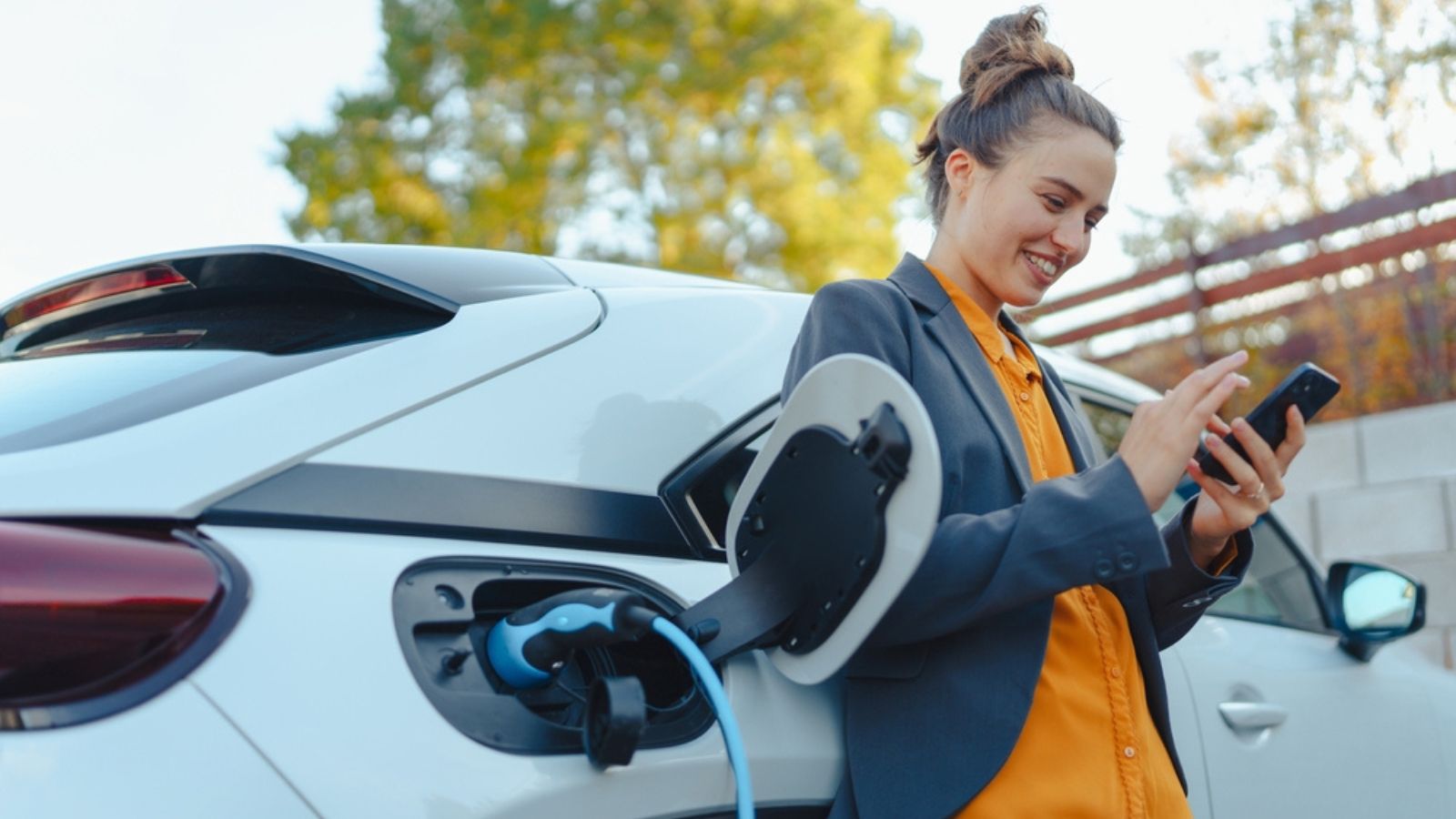
Updating your car’s software will be as easy as updating your smartphone. Tesla pioneered this with its “Over-the-Air” updates, enabling autopilot capabilities and improvements to infotainment systems. Traditional automakers like BMW and Ford have also adopted similar systems. These updates ensure vehicles remain up-to-date with the latest technology, improving safety and user experience. However, cybersecurity and data privacy concerns persist, necessitating robust encryption and authentication measures to safeguard against potential threats.
Energy Management for Electric Vehicles (EVs)
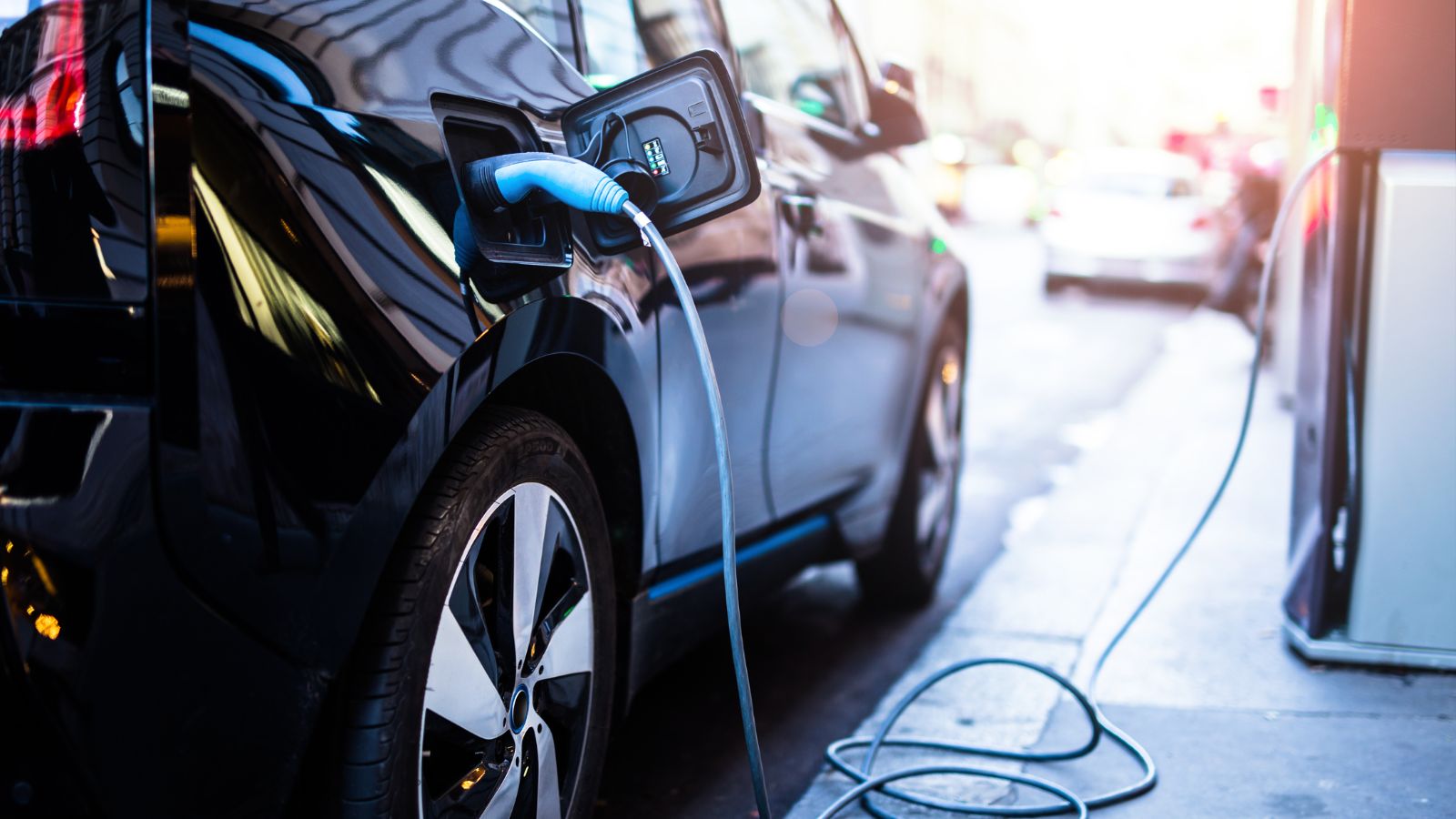
Electric cars will be smarter than ever. They’ll communicate with the grid to optimize charging times, find the cheapest energy rates, and sell back surplus energy. These systems regulate power flow between the battery, motor, and other components. Regenerative braking captures kinetic energy during deceleration, replenishing the battery. Advanced algorithms predict driving conditions and adjust energy usage accordingly. Thermal management maintains optimal battery temperature for longevity and performance. Smart charging technology enables efficient use of charging infrastructure, reducing strain on the grid.
Car-to-Infrastructure (C2I) Communication
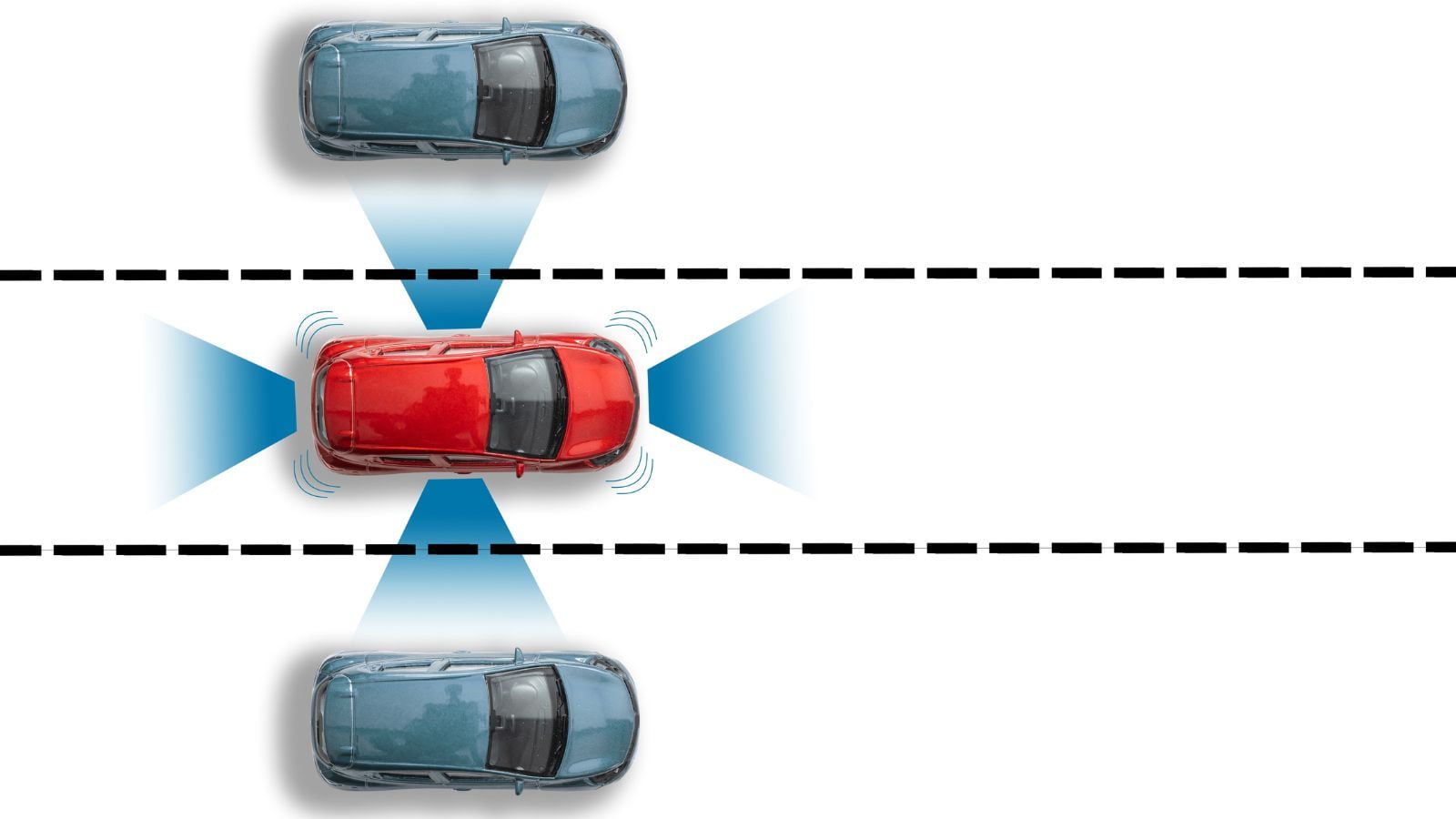
Your car will be on speaking terms with traffic signals, parking meters, and toll booths. C2I communication will streamline your journey, allowing your vehicle to find parking spots, pay tolls automatically, and even avoid potholes. It’s like having a VIP pass for the road.
Enhanced Security Features
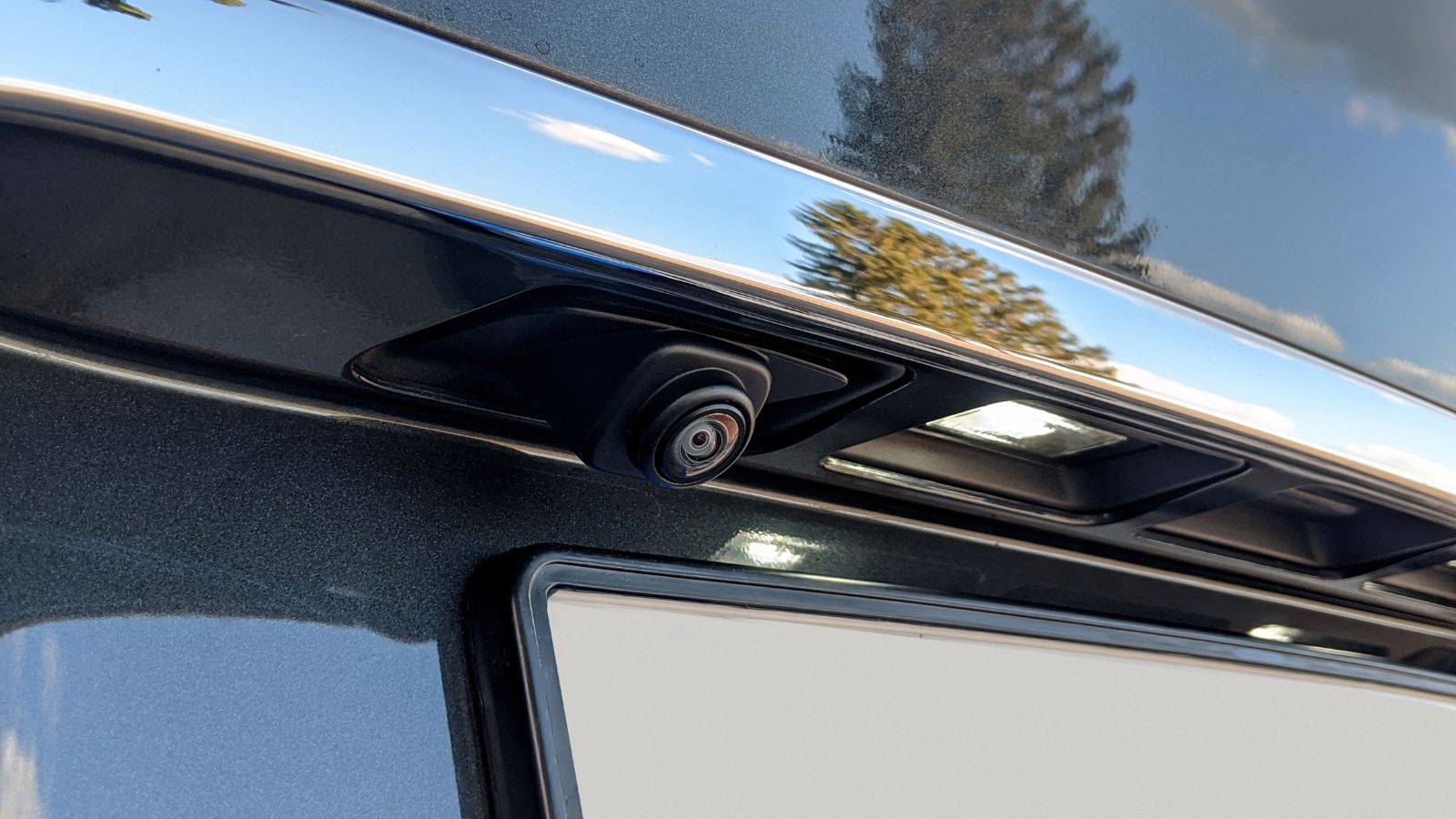
Future cars will have biometric systems, facial recognition, and encrypted communications. Keyless entry systems utilize encrypted signals, reducing the risk of unauthorized access. Many vehicles employ immobilizers that prevent hot-wiring and engine start without the correct key or fob. GPS tracking allows remote monitoring and recovery in case of theft. Biometric authentication, like fingerprint or facial recognition, adds another layer of security. Your car will be more secure than Fort Knox, ensuring only authorized users can start the engine. Just don’t forget to smile for the camera.
Eco-Friendly Innovations
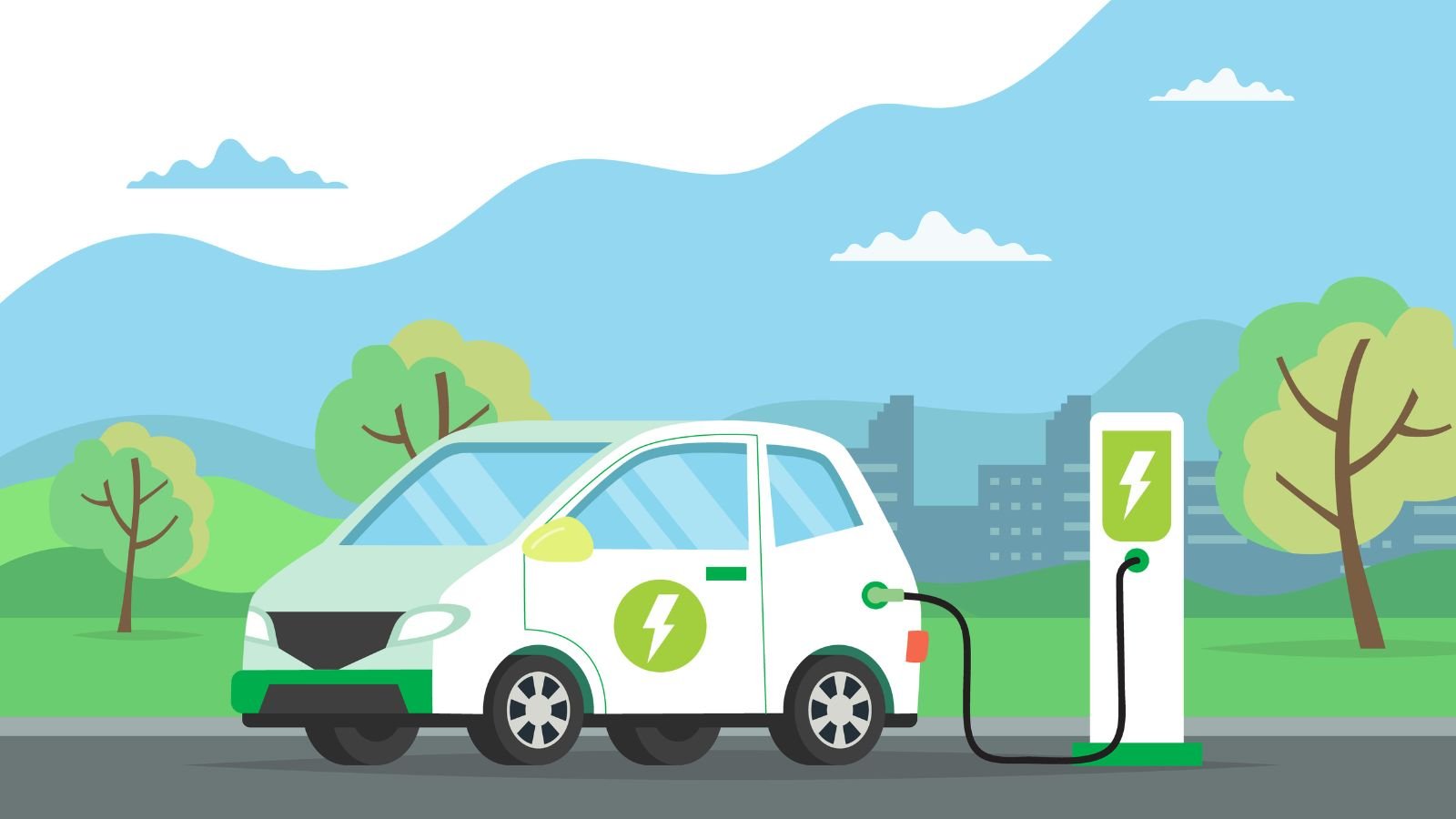
Connected cars will be green warriors on wheels. They’ll optimize routes for fuel efficiency, reduce emissions, and even sync with smart city infrastructures to reduce environmental impact. Your car will be so eco-conscious it might just remind you to recycle that coffee cup.
14 Cars With A Reputation For Running Forever And Why They Outperform The Rest
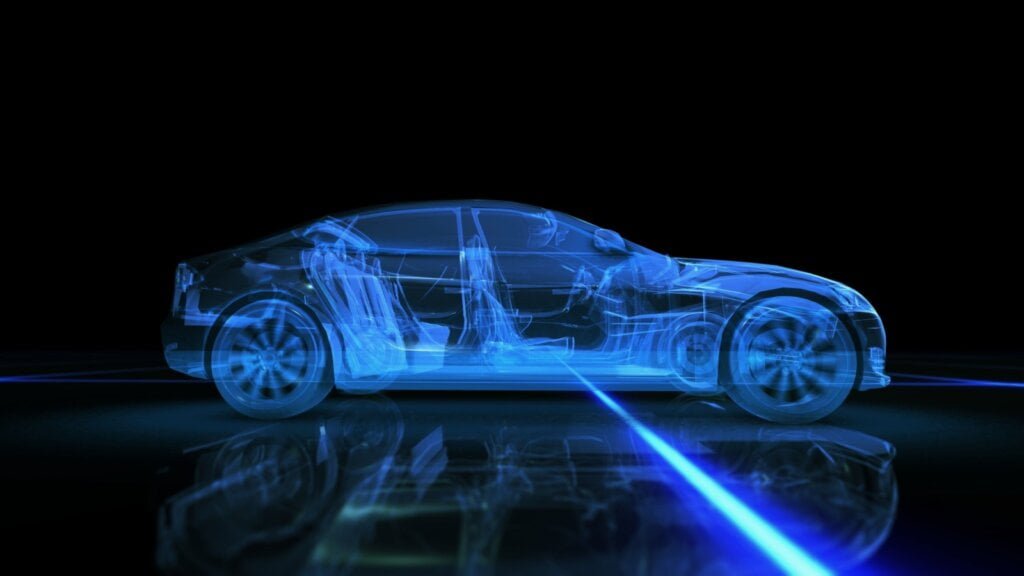
In the dynamic world of automobiles, some cars stand out for their remarkable longevity and enduring performance. These road warriors have earned a reputation for running seemingly forever, outpacing their counterparts. This article will explore 14 such vehicles and the reasons behind their legendary durability. 14 Cars With A Reputation For Running Forever And Why They Outperform The Rest
